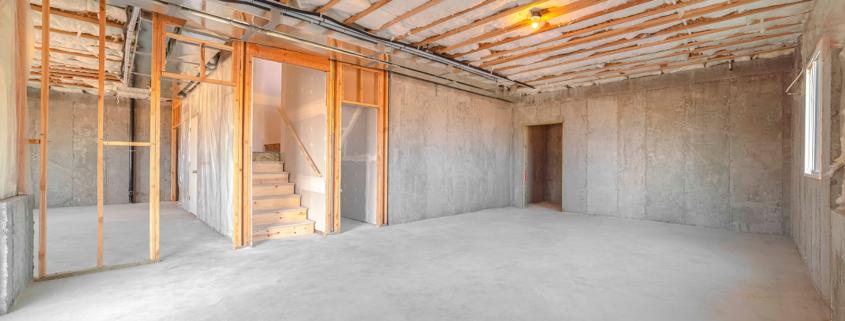Pros and Cons of Buying a House on a Concrete Slab in Cleveland OH
Buying a house on a concrete slab has many pros and cons. Concrete slabs are often cheap to build on, but they may adversely affect resale value. Here are a few things to consider before settling for one. Not all sites are suitable for building on slabs; you may have to knock it down if the place isn’t ideal for a house on a concrete slab.
Another drawback to a concrete slab is the lack of space for storage. Because slab homes sit low to the ground, they do not have room for storage. You may need to install ductwork to get proper air conditioning or heating if you have a crawl space. While these factors may be attractive, the pros and cons of buying a house on a concrete slab are still important.
Another pro to buying a house on a concrete slab is that it is often easier to repair than a house on a foundation with a traditional brick or stone foundation. If you have to fix the foundation, you’ll need to remove the slab, which can be costly. Additionally, a house on a slab offers little protection from storms. You can always add a continuous load path to your foundation to increase the protective nature of your slab home.
The cost savings of a concrete slab foundation are considerable. You won’t have to worry about crawl spaces or basements, which can be expensive to build. You can also avoid costly repairs that need excavation work. Another benefit of a concrete slab foundation is that it is easier to access wood in a home on a concrete slab. It’s also easier to clean the slab than a house on a brick foundation.
Another pro of concrete slabs is that they are quick to build. They can be done in one day and are much stronger than a foundation built on the soil. Furthermore, concrete slabs are more resistant to floods because they direct rainwater away from the house. Buying a home on a concrete slab will save you tens of thousands of dollars over a brick-and-mortar foundation.
The concrete is hard underfoot. Dropped glasses will not survive on a concrete slab, but area rugs can help alleviate this problem. Another potential drawback is that concrete slabs can become damp over time. However, these issues can be mitigated by sealing the slabs and mitigating other problems that may affect the structure. It’s best to have your concrete floor professionally packed to reduce the risk of cracking.
Another disadvantage of buying a house on a concrete slab is the lack of mortgage options. While mobile homes are more accessible to sell than brick and mortar homes, it’s challenging to obtain a mortgage on a mobile home. Most mobile homeowners must pursue a personal property loan (also called a chattel loan) to finance their home. These loans have a higher interest rate and a shorter term.





